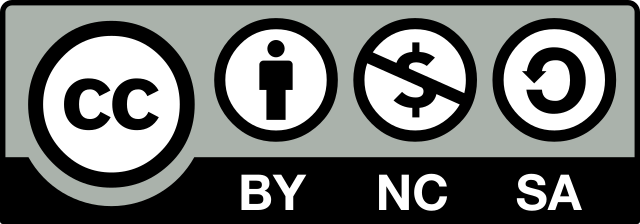Abstract
Objective The aim of this study was to investigate the distribution of genotypes and the frequency alleles of plasminogen activator inhibitor-1 (PAI-1) 4G/5G polymorphism in patients with hepatocellular carcinoma (HCC). Background PAI-1 4G/5G polymorphism involves a guanosine insertion/deletion in the promoter region of SERPINE1 gene at the –675 bp position. Patients and methods This study was conducted on 49 HCC patients (39 male and 10 female). Their ages ranged between 44 and 84 years. They were selected from the inpatient and outpatient clinics of Shibin El-Kom Fever Hospital. Patients were genotyped for PAI-1 4G/5G polymorphism using PCR. Results In HCC patients, there were no statistically significant differences when comparing carriers of the three genotypes (5G/5G, 4G/5G, and 4G/4G) as regards sex, Child score, total bilirubin, direct bilirubin, albumin, serum glutamate pyruvate transaminase, alkaline phosphatase, γ-glutamyltranspeptidase, international normalized ratio, prothrombin, and α-fetoprotein (P = 0.81, 0.76, 0.46, 0.054, 0.99, 0.92, 0.22, 0.58, 0.49, 0.42, 0.54, and 0.85, respectively). On comparing the three genotypes (5G/5G, 4G/5G, and 4G/4G) among HCC patients as regards serum glutamic oxaloacetic transaminase, there was a statistically significant difference among them (P = 0.02). On comparing carriers of the three genotypes (5G/5G, 4G/5G, and 4G/4G) as regards different tumor characters (tumor size, tumor number, tumor side, and Barcelona Clinic Liver Cancer staging system), there were no significant differences among them (P = 0.16, 0.59, 0.42, and 0.14, respectively). Rate of thrombosis in the HCC group was 62.5% in 4G/5G genotype versus 41.2 and 12.5% in 5G/5G and 4G/5G genotype, respectively; there was a statistically significant difference (P = 0.04). Conclusion It could be concluded that PAI-1 4G/5G polymorphism was not associated with HCC.
Article Type
Original Study
Recommended Citation
Essa, Abdallah S.; Essa, Enas S.; El-EdeL, Rawhia H.; and Hegazy, Sara A. M.
(2017)
"Plasminogen activator inhibitor-1 SERPINE1 4G/5G polymorphism in hepatocellular carcinoma patients,"
Menoufia Medical Journal: Vol. 30:
Iss.
3, Article 40.
DOI: https://doi.org/10.4103/1110-2098.218258

 Attribution-NonCommercial-ShareAlike 4.0 International (CC BY-NC-SA 4.0)
Attribution-NonCommercial-ShareAlike 4.0 International (CC BY-NC-SA 4.0)



